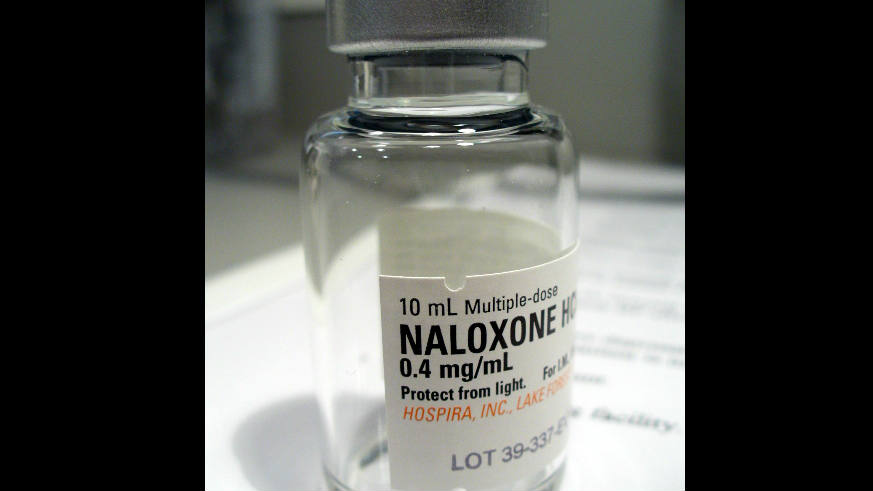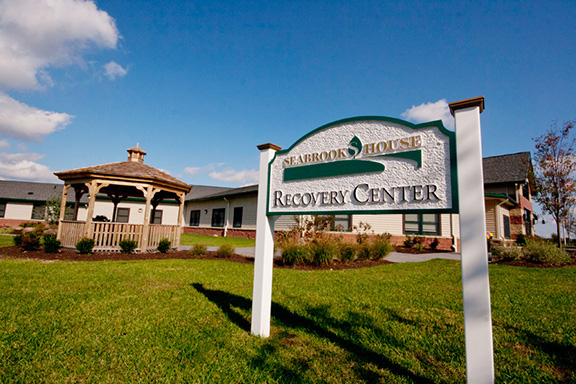Perhaps misinterpreting President Trump’s “American carnage” inauguration speech as an objective, an Ohio city councilman who is concerned about the rising cost of lifesaving treatment for opioid overdoses proposed a creative solution last week: Just withhold it.
Dan Picard, a city council member in Middletown, Ohio, has proposed refusing city-dispatched medical services to any overdose victim who has sought an intervention twice before. During a council meeting, he asked the city to explore the legality of such a plan.
“I want to send a message to the world that you don’t want to come to Middletown to overdose because someone might not come with Narcan and save your life,” Picard told Ohio’s Journal-News. “We need to put a fear about overdosing in Middletown.”
Narcan is the brand name of naloxone, a drug that reverses the effects of an opioid overdose. Supporters of harm reduction have pushed for broader access to the drug, noting that the alternative in many overdoses is death. In August 2016, as part of its “opioid action plan,” the Food & Drug Administration said it supports greater access to naloxone.
But Picard is displeased that Middletown taxpayers are paying for EMS crews to revive overdose victims. He contends many of those cases are transients and not Middletown residents.
The city budgeted $10,000 for Narcan this year, but overdoses across Ohio have skyrocketed in 2017, and the city is on track to spend 10 times that amount.
Also part of Picard’s proposal, which local media are calling a “three strikes” policy: Requiring overdose victims to work off the cost of their treatment by doing community service. Unless “the dispatcher determines that the person who’s overdosed is someone who’s been part of the program for two previous overdoses and has not completed the community service and has not cooperated in the program,” EMS will not be dispatched, said Picard.
Jerónimo Saldaña, organizing and policy manager at the Drug Policy Alliance, a nonprofit that advocates for the progressive reform of drug laws, said Picard’s proposal is “cold-hearted.”
“You would never say there’s a limit on the number of times your grandmother can fall ill and be taken to the doctor,” said Saldaña. “Just because it’s a different type of illness, a different type of problem doesn’t mean you can allow yourself to quantify the number of times someone can reach out for assistance.”
Picard has not commented. City officials say they won’t speak about the proposal until they’ve determined its legality.



















